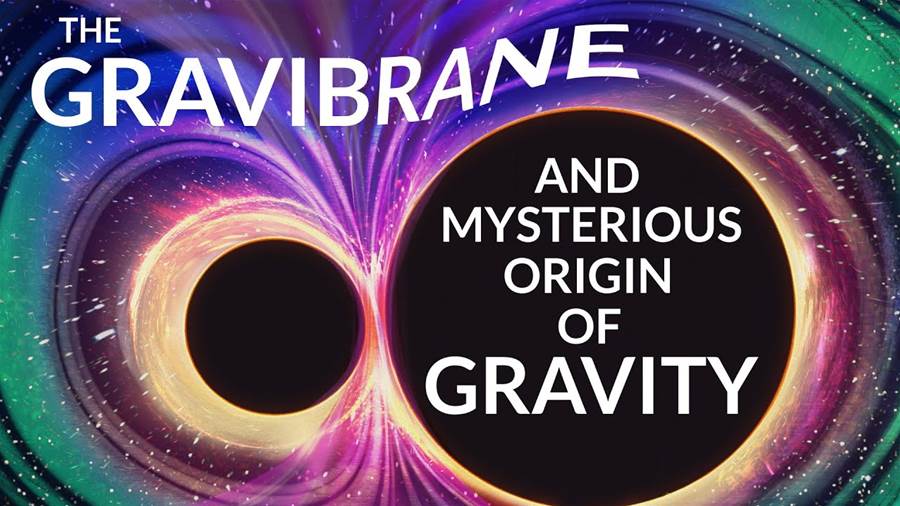
Gravity is a fundamental force of nature that holds the universe together, yet it is considered one of the weakest forces when compared to the other three fundamental forces: electromagnetism, the strong nuclear force, and the weak nuclear force. This article delves into the reasons behind gravity's apparent weakness and sheds light on the challenges scientists face in understanding this phenomenon.
Gravity, as described by Albert Einstein's theory of general relativity, is the force that arises due to the curvature of spacetime caused by mass and energy. It is responsible for the attraction between objects and the movement of celestial bodies.

One reason for this disparity lies in the very nature of gravity itself. While the other three forces are mediated by particles, known as force carriers, gravity is not easily explained in the same manner. Electromagnetism, for example, is carried by particles called photons, while the strong nuclear force is mediated by gluons. These force carriers play a crucial role in determining the strength of the forces they convey.
Another factor contributing to gravity's weakness is the immense differences in the scales at which gravity operates. While gravity is responsible for the gravitational pull between two objects, such as the Earth and the Moon, it pales in comparison to the electromagnetic force between two charged particles. Furthermore, at the atomic level, the weak nuclear force is even stronger. These discrepancies in strength are attributed to the fundamental constants and masses of the particles involved.
Moreover, the weak nuclear force, responsible for radioactive decay, has been found to be stronger than gravity because of the way it interacts with particles. It exchanges force-carrying particles called W and Z bosons, which have a relatively high mass compared to the massless photon of electromagnetism. This higher mass contributes to the strong force delivered by the weak nuclear force.
In the realm of cosmology, gravity's weakness becomes even more apparent.
In summary, gravity's apparent weakness can be traced back to various factors. Its lack of a known force carrier and the vast differences in scales at which it operates contribute to its feeble strength when compared to other fundamental forces. Understanding the nature of gravity and its relationship with the other forces remains a complex challenge for scientists, but ongoing research and theoretical developments continue to shed light on this fundamental force.








